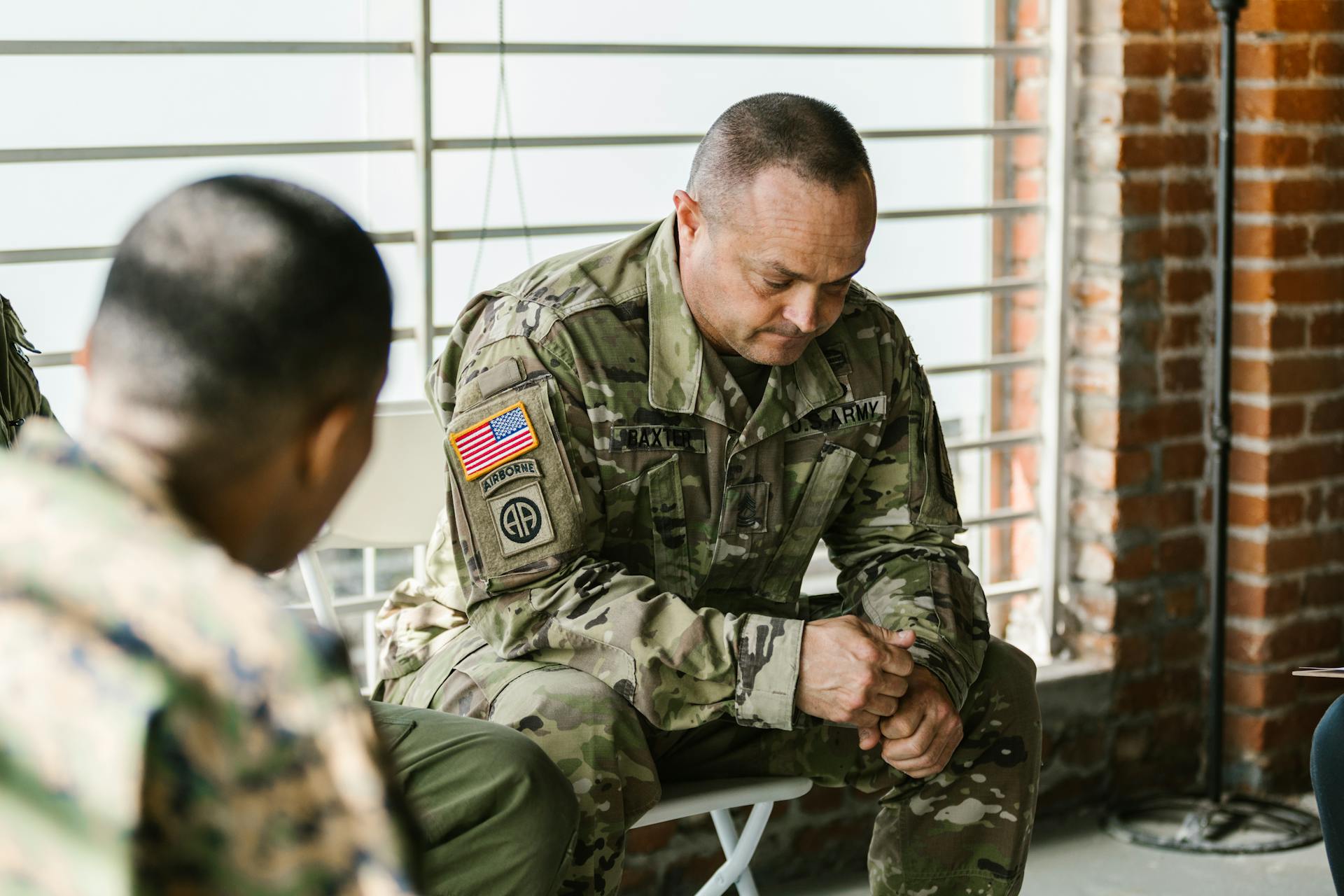Have you ever thought what the word “Trauma” means? I find it interesting and in my own experience and in conversations with others the word trauma actually takes on a formulative meaning depending on the individual. According to the Oxford Dictionary, the word trauma is defined as a deeply distressing or disturbing experience both physical and or mental. More so it’s noun: meaning it’s identified as “a person place or thing” that occurs or crosses the path of another. Furthermore, the actual origin of the word “trauma” comes from the Greeks meaning “wound”. Although the Greeks used the term only for physical injuries, nowadays trauma is just as likely to refer to emotional wounds. We now know that a traumatic event can leave psychological symptoms long after any physical injuries have healed. The psychological reaction to emotional trauma now has an established name: post-traumatic stress disorder, or PTSD. It usually occurs after an extremely stressful event, such as wartime combat, a natural disaster, or sexual or physical abuse; its symptoms include depression, anxiety, flashbacks, and recurring nightmares (Merriam-Webster).
Why do I point this out you may ask? My reason is simple trauma wounds, trauma cuts us, it hurts us, and regardless of the wound it inflicts it changes us, and afterwards we are never the same as we were before. It has many names, occurs in many places, and is the very thing we cannot forget. It does not care how much money you have, what color your skin is, or what you believe it comes to us all and takes on many forms. Sometimes it arrives suddenly but can come progressively like little brier nicks adding up but it defiantly leaves a mark upon us.
Hurt comes to us in many, many ways but it ultimately results in a physical and emotional lose or even both. Again, trauma could be an experience of death, divorced relationships, financial decline, or environmental, health, cultural, and family/friend irreconcilable losses to summarize just a few. The hurt is real, valid and requires bereavement time to adjust. The pivotal healing factor is how we process the incident that wounded us as we move forward after the initial shock of it. Finding and identifying healthy support is crucial as isolation often causes people impacted by trauma to internalize negative perceptions. This occurs in various forms about their, identity, trust, confidence, and security within themselves as well as views about others. There is no mathematical formula or timeframe on recovering from trauma. The only solution to be found is coming to terms, identifying healthy self-acceptance, and purposeful growth out of it as we move forward.
Because of the negative impact trauma does to an individual we naturally want to avoid any re-experiencing thoughts and or feelings of or from the trauma. Some survivors can experience nightmares, flashbacks, destressing thoughts and emotional or physical responses after experiencing trauma reminders or “triggers”. Common default responses after trauma are called coping mechanisms and depending on the individual’s personality, developmental experiences and can cause an individual to effectively or ineffectually cope. Having a safe and healthy support network is vitally important to increase positive trauma recovery outcomes.
Below are four common and potentially negative coping strategies that people I believe should be aware of should they experience or have experienced any trauma. Simply put these are: “Denying, Hyperarousal of emotions, Numbing & Running” and these vary based on the individual and to how they cope to the trauma.
- “Deny” Most often than not we typically attempt in some way to deny the pain, shut it down, or play it off. In a sense we may believe moving on means somewhat vanquishing our feelings in attempt to move through the process faster. We tend to say “I’m okay” or think by denying or suppressing the hurt from trauma can seem to appear normal or being strong but it only delays healthy trauma recovery. If we feel it, we really need to deal with it or it will ultimately deal with us! Sometimes we may feel weak or thank if we talk about it is like opening pandora’s box of unwanted emotional memories of the trauma that we won’t be able to close if we do. However, that almost always creates the first road block on road to healing.
- Hyperarousal of emotions are responses to trauma we can find ourselves having trigger symptoms in certain familiarities from our experiences with past trauma as we go on through everyday life. This causes bouts of emotional responses such as depression, anxiety or fear, anger, bitterness where we react emotionally in both our internal and external lives rehashing the hurt from our wound to inject more repercussions from it. Without a productive place to channel these emotions, we become symptomatic due to poorly regulated emotions we are feeling. Most individuals consider this likened to be as a “hovering dark cloud that never really leaves, always lingering, and awaiting to show up in our lives”. The longer a trauma goes unaddressed, the more symptomatic we are likely to become. Eventually, our innate coping abilities can no longer hold back our growing emotional, and spiritual unrest. So then we start looking for reinforcements in the form of painkillers and numbing agents that lead into “numbing” and “running” responses.
- “Numbing and Running”: Most commonly is an avoidance response reaction Because reminders of a trauma can be so distressing, it is common for trauma survivors to use avoidance to control these reactions. The most common “Numbing” responses to trauma is forms of self-medicating, using alcohol and prescription or street drugs to suppress trauma symptoms but are not limited to substances, numbing could be workaholics, gambling, sex, and shopping basically anything in excess to avoid the hurt trauma has caused. Although using medication as a stepping stone through the bereavement process is normal but can be counterproductive if utilized to permanently inhibit a healing process. We want to shut it down, the pain, disappointment, anger, sadness, and hurt and in desperation we become runners. Trying to fill the void trauma has done to us we dive into new endeavors, hobbies, relationships in a plan B mentality. Having things to occupy our minds and enjoying new things are good but jumping into them too quickly to offset unprocessed trauma can cause its own difficulty as it continues to show back up. Running can also be considered as a replacement coping mechanism. For example, if your goldfish dies you go get a new one. The absence of the goldfish is too much to bare therefore in desperation to fill the loss we immediately go out and commit to another goldfish. It can create a falsified sense of recovery and possibly additional repercussions of more imposed hurt.
When dealing with Trauma it is important to unpack and bereave what one has experienced and the sooner the better. Having or finding safe, positive and nonjudgmental support is vitally important when anyone is dealing with trauma. Educate yourself about the impacts based on trauma and positive outcome strategies by reading, online, and podcast. Counseling services, church, community, and peer support groups are an amazing resource to help progressively unpack the pain left from trauma and help find a way to recycle trauma purposefully.
I remember when I was just a kid in the military and had a Sargent screaming at me and the others “the pain your feeling means you’re not dead yet”. Sounds really cool but the experience had an entirely different meaning. I think about that a lot now 25 years later and it resonates with me and makes me think how far I have come, the wounds I have experienced and it is a process. I guess that’s the reason I do what I do, to help others find their own path out of the traumatic battlefields of life to the other side. There is purpose in the pain I can attest to that and our testimonies of coming out above them creates the very road maps for others. That they too can make it one step at a time. That gave greater purpose from the wounds I have experienced. For that very reason I can stand and say if your breathing it’s not over and if your breathing you’re not done”.
If you or someone you know is dealing with trauma or the effects from yesterday’s trauma I want to encourage you and invite you make an appointment with Pathfinders Counseling we can assist.
Oxford Dictionary: trauma definition – Search (bing.com)
Merriam-Webster: Trauma Definition & Meaning – Merriam-Webster







0 Comments